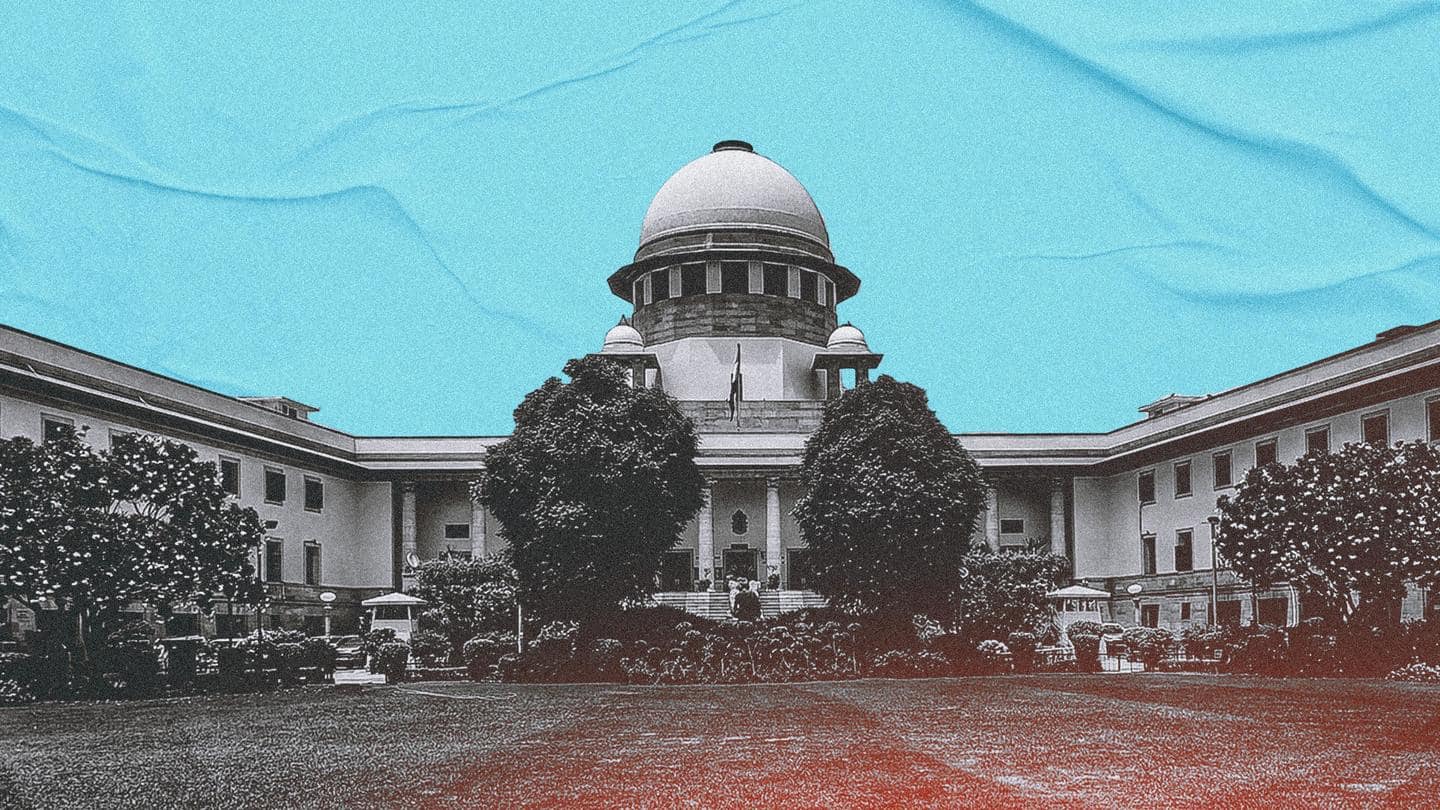
Supreme Court may hear 'electoral bonds' case on September 19
What's the story
The Supreme Court is likely to hear petitions challenging the issuing of electoral bonds on September 19, according to The Indian Express.
The petition filed by the Association for Democratic Reforms (ADR), a non-governmental organization (NGO), against the Electoral Bonds Scheme was listed on the advance list of the top court.
Notably, the hearing in the case was held on March 26, 2021.
Context
Why does this story matter?
On January 2, 2018, the government announced the Electoral Bond Scheme 2018, which allows citizens to purchase bonds from the State Bank of India (SBI) in order to make payments to political parties.
The scheme includes a clause that allows a qualifying political party to redeem the bonds solely through a bank account.
However, the revisions sparked some privacy concerns from various quarters.
Pleas
Why did the petitioners challenge the scheme?
In 2021, advocate Prashant Bhushan, appearing for the ADR, argued that the sale of electoral bonds is a form of "legalized corruption" that will eventually pave the way for shell companies to offer bribes.
ADR had challenged the anonymity clause attached to the donations made by bond owners.
It claimed that the clause hinders the process of a fair and transparent election.
Proceedings
Ex-CJI Bobde had dismissed an application against anonymity clause
As per reports, the panel led by former Chief Justice SA Bobde dismissed the case on March 26, 2021, noting that the anonymity issue does not arise because the identities of the bond owners are readily known.
The SC had found in its judgment that "it is not as though the operations under the Scheme are behind iron curtains incapable of being pierced."
Details
ECI too was unhappy with the scheme
The Election Commission of India (ECI) has also raised objections to the amendment made to the Representations of People's Act, 1951 (RPA), which will allow political parties to not report their contributions to it.
The ECI stated that it would be impossible to verify whether the funds came from government enterprises or foreign contributors, thereby breaching Section 29B of the RPA.
About
What are electoral bonds?
Electoral bonds are a means for anybody to give money to political parties.
These bonds, which are available in multiples of Rs. 1,000, Rs. 10,000, Rs. 1 lakh, Rs. 10 lakh, and Rs. 1 crore, may be purchased at approved State Bank of India offices.
As a result, a donor must pay the sum solely by cheque or digital means (cash not allowed).
Do you know?
How do electoral bonds work?
The donor can then give this bond to the party or parties of their choice, which can opt to cash in such bonds within 15 days after obtaining them to cover their electoral expenditures. The approach assures that the donor's name stays anonymous.